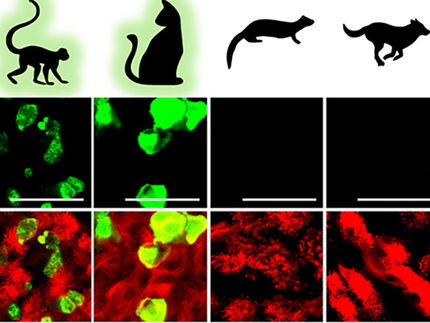Data pooling in biobanks: The BIOPOOL project
Advertisement
A European consortium of medical, research and higher education institutions is developing a network for banks containing digitalised images of human tissue—"biobanks"— which will help doctors to diagnose different types of possible cancerous tissues taken from patients' biopsies in a shorter time.
The seven partners across four European countries, Spain, the United Kingdom, Netherlands and France are developing the project, known as BIOPOOL, with a budget of €2,500,000 from the European Commission.
"The network will enable clinicians to compare the image of a biopsy for a patient with biopsy images of a large number of other patients across Europe," explained Francesco Moscone, Professor of Business Economics at Brunel University, west London, who is responsible for the business impact of this project.
"The benefits mean that there would be a faster and more accurate diagnosis of diseases, thereby preventing, or reducing, the need for multiple invasive tests."
"Fast and accurate diagnosis will also help in identifying the more appropriate medical treatment, as well as reduce the length of hospital stay."
The existing biobanks are organised collections of biological material and associated health information, for medical-scientific research and diagnostic purposes. In the recent years, biobanks have started digitalising their material, by scanning their samples and storing images and associated information in databases.
But the digital images are usually collected in various different formats, and stored in separated databases and facilities. While image collections carry very valuable knowledge in several fields, their exploitation requires tools to gather, access, visualise, and process large images.
Professor Moscone added: "From the point of view of medical research, the large amount of data shared within BIOPOOL will allow the scientific community to conduct more meaningful clinical trials, especially with respect rare diseases."
"The use of such interconnected sources of data is very promising, as it is expected to reduce diagnosis time and related costs," he said. Roberto Bilbao, Director of the Basque Biobank for Research and coordinator of BIOPOOL project explained that the project involves a significant number of challenges, both technical and non-technical.



















































